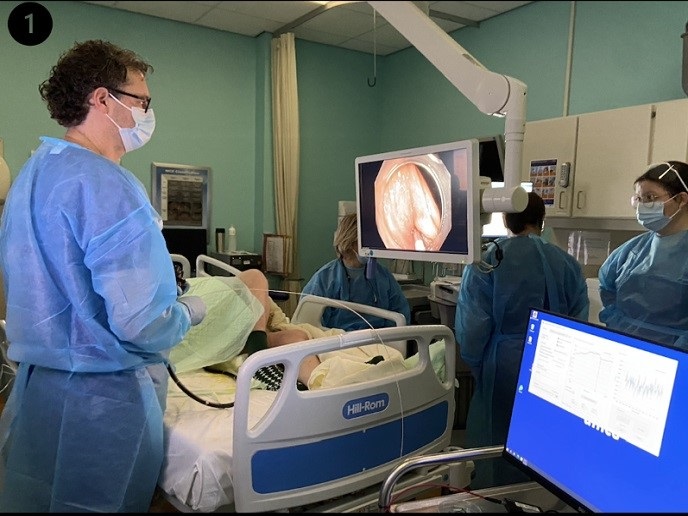Integrated, sustainable approach tackles increased threat from urban pests
Various insects such as mosquitoes and ticks serve as vectors for the transmission of infectious pathogens between humans or from animals to humans. Worryingly, they can transmit serious diseases caused by viruses (Dengue, West Nile), bacteria (Lyme disease) or parasites (malaria). Although the burden of vector-borne diseases(opens in new window) is higher in tropical and subtropical areas, global mobilisation as well as changes in climate, human behaviour and ecology threaten to spread the transmission of these infectious diseases. For example, a severe epidemic of the Chikungunya virus developed in Italy in 2007 while the Zika virus emerged in Brazil during the 2016 Olympics. Current measures are designed to eradicate pests such as ‘carpet bombing’ where pesticides are scattered in areas with mosquitoes. However, increased chemical resistance combined with environmental awareness and pressure from regulatory authorities, necessitate more refined and proactive prevention methods.
Software for mapping vector-borne disease risk
The EU-funded VECMAP IPM project aims to minimise pest spread through a disruptive software package that facilitates the mapping of vectors, pathogens, and their hosts. “Our key objective was to enable public and private pest control operators to plan and implement strategies for reducing the risk of vector-borne diseases in an environmentally friendly manner,” explains Guy Hendrickx, project coordinator and CEO of Avia-GIS(opens in new window). The team initially developed VECMAP® software(opens in new window) for data collection and risk mapping, facilitating at the same time the conversion of data into information. VECMAP® bridged the gap between research and decision making, offering researchers and stakeholders the ability to take environmentally friendly measures, plan communication, risk mitigation or prevention campaigns. The institute of tropical medicine in Antwerp used the VECMAP® software to integrate field data on the monitoring of exotic mosquitoes that arrive in Belgium via lucky bamboo and second-hand tyres. As they can transmit diseases such as Zika, Chikungunya and Dengue, researchers were able to monitor likely entry points in the country. The next step was the development of the SMARTSENZ® software(opens in new window) which, in contrast to its predecessor VECMAP®, focused on the pest-control industry. The idea was to go a step further towards integrated pest management and eliminate the risk of vector-borne diseases through proactive measures. By identifying, for example, the mosquito biotopes, their location can be predicted more accurately for more targeted management.
SMARTSENZ® implementation and prospects
Integrated pest management techniques require an in-depth knowledge of the biology and life cycle of each pest, including information on their feeding, breeding and habitat. SMARTSENZ® incorporates such information on all urban pests and instead of area-wide risk mapping it offers the opportunity for urban risk mapping. “The long-term goal was to help urban pest control companies and local authorities to significantly reduce the use of chemicals that may be harmful to the health of the public and the environment,” emphasises Hendrickx. Although, the global market entry of SMARTSENZ® has been delayed until January 2022, the innovative concepts of the team are being tested in an urban context, in the agro-food industry, in hospitals and in social housing in France. Moreover, new technical solutions to the software allowed them to stay ahead of competition and promote SMARTSENZ® as a service for the hospitality industry in South Africa.







